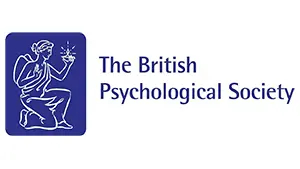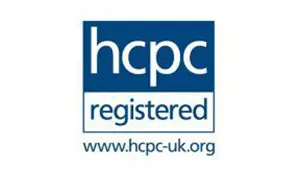Feedback from clients has been that our shared therapy space enabled a kind, compassionate, containing, engaging, validating and encouraging environment. I believe that the therapeutic relationship is the single most important therapeutic tool. In other words, the relationship and ‘connection’ between therapist and client.
I openly encourage clients to be themselves, and guarantee that whichever self or selves they choose to bring will be met with warmth and unconditional acceptance. Equally, within professional boundaries, I pledge my own ‘realness’ in the process, (which often brings its own moments of irreverence, rebellion and humour).
For me, tolerating uncertainty enables discovery and insight through the shared process of being able to safely explore without judgement. Although I may have expertise in some areas, the client is the true expert within their own life story. As an active and collaborative process, it is understandable that therapy sessions tend to alternate between being client and therapist led. Similarly, my therapist style alternates from being more directive to supportive, depending on the need.
I believe that there is ‘no one size fits all’ and I use person-centred approaches to adjust accordingly for each client. I use specialised complex formulation to understand what might have contributed to difficulties and what has kept them going or even made them worse. In my experience, just feeling ‘seen’ and understood is often one of the most powerful therapeutic experiences.
Most importantly, clients come to therapy to ‘feel better’ or perhaps, to ‘do better’. While insight is key to this, so too is learning and being able to put into meaningful practice new skills and strategies. Life can be tough and I don’t know a person alive who hasn’t been knocked off balance at times. Having said this, I am still humbled on a regular basis by the resilience within each of us.
I have training and experience in numerous psychological therapies. This enables me to use approaches that are most suited to each client. I draw from a range of evidence-based approaches such as Cognitive Behavioural Therapy (CBT), Psychodynamic Psychotherapy, Acceptance and Commitment Therapy (ACT), Dialectical Behaviour Therapy (DBT), Narrative Therapy and mindfulness-based methods.
I offer an initial 20 minute online consultation at no cost.
This is an informal chat to better understand what you might need support with to ensure that I have the appropriate expertise to help you.
If I feel that you require an area of expertise that I do not work in, then I will signpost you to other professionals.
The initial 20-minute session is also an opportunity for us to see if we would both feel comfortable working together going forward.
Thereafter, paid sessions are usually 50 minutes long and spaced weekly initially.
£120 per 50 minutes/hour. Therapy time is 50 minutes, and the remaining 10 minutes are used for notes and formulation.
Yes, I am registered with most major medical insurance providers, including Bupa, Aviva, Vitality, and Discovery Health.
You might choose to avail of the free 20 minute online session to see if this is the right fit for you. Or, you might choose to book a full session straight away. You will then be requested to complete some forms with your personal details and confirm that you have read the terms and conditions prior to the session. If you are going through your medical insurance, you will need to obtain an authorisation number from them and be aware of any policy excesses payable in advance.
I prefer to start off with weekly sessions initially. This generally provides the appropriate time to process, reflect and put into practice what has been explored in session. Although therapy sessions provide the foundations, most of the work in a therapeutic journey is done between sessions. For those with unpredictable work or family schedules, it might be necessary to make allowances for more irregular sessions. For others, it might be more helpful to have an 80-minute session every 2 weeks. This is worked with flexibly on an individual basis and can be negotiated once sessions have begun.






